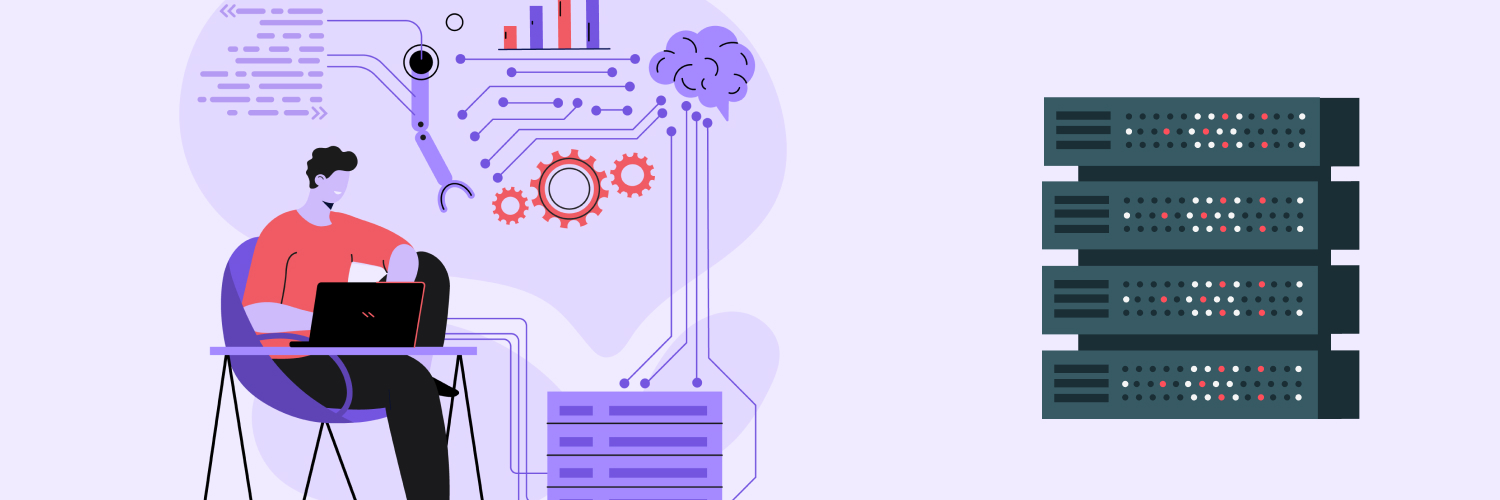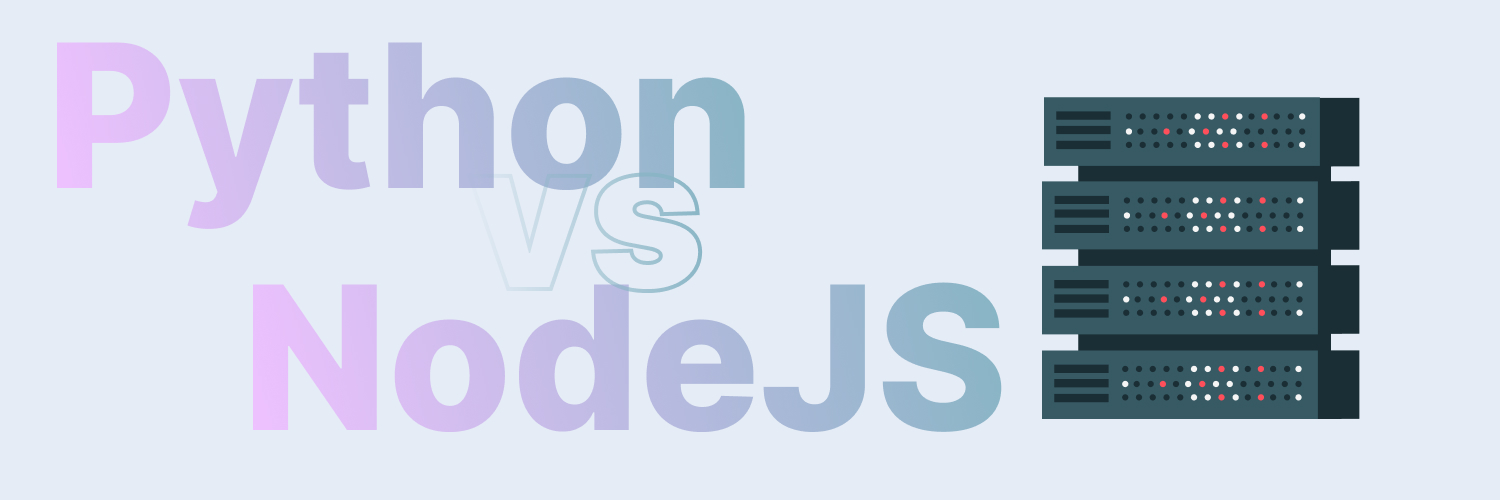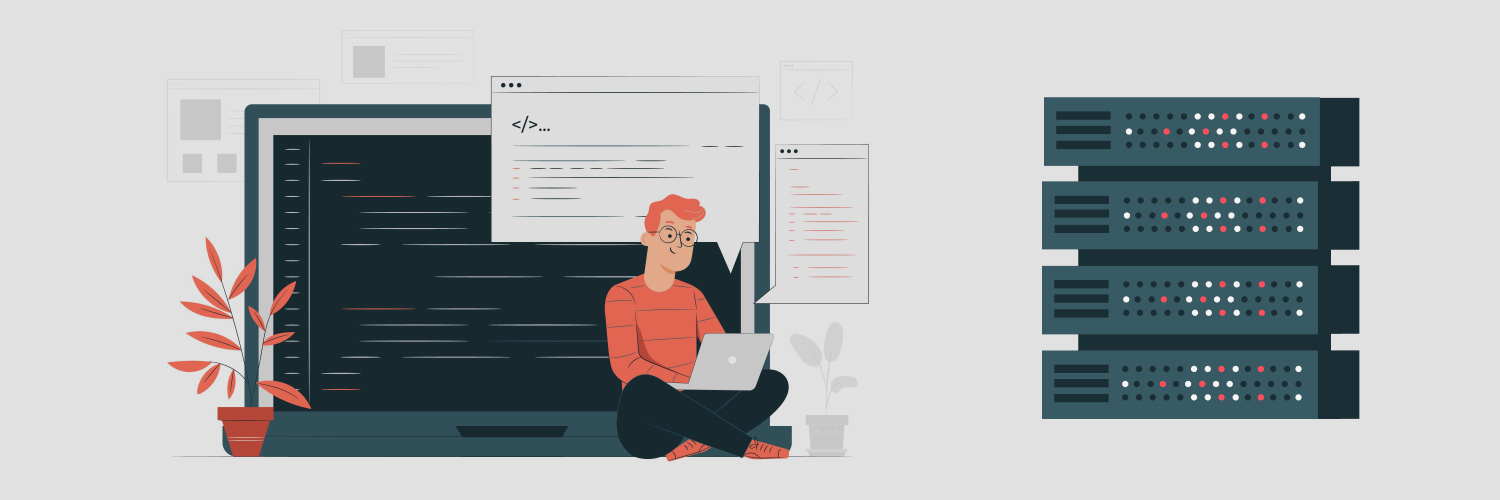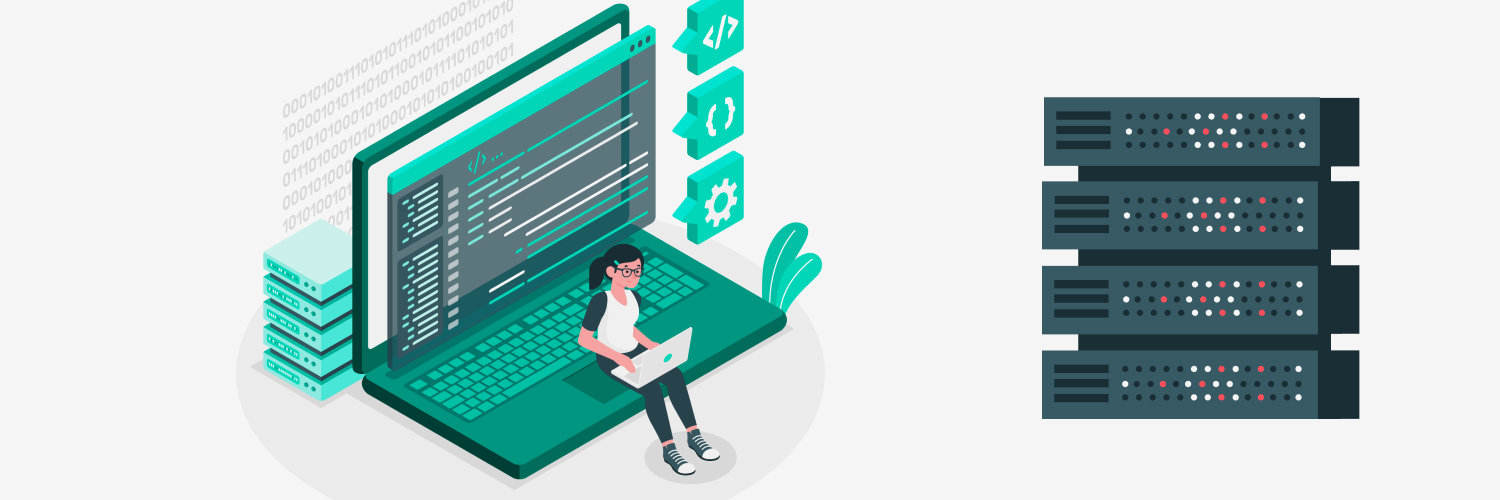Take Advantage Of Hotel Data Scraping With These Techniques
After a yearlong drop in travel bookings, in 2021, the hotel industry continues to rebound. The industry is predicted to reach about $192 million in 2021. If you’re looking to improve your ability to compete and attract new visitors, web scraping can be a great tool to help you have an edge on competitors and market to the right audience.
If you’re familiar with collecting hotel market data, you may already be using web scraping to do so. Web scraping makes the data collection process faster and easier, allowing you to collect valuable data to differentiate your business.
Web scraping involves using a tool to surf the internet and collect data from different websites. Without it, you would have to physically visit hundreds of competitor websites and travel booking sites, enter your search parameters, and record your data in a spreadsheet. Using a web scraper saves you valuable time and effort so you can focus on other parts of your business.
Types Of Data You Can Collect and How to Use It

You probably already have access to competitive data that you use to make your business more effective — but web scraping lets you collect more. Types of data you can collect with web scraping include:
- Hotel names, addresses, and phone numbers
- Room types and rates
- Facilities and amenities
- Star ratings
- Customer reviews
- Promotional deals from booking sites
- Seasonal rates at different hotels
- Sale information
Any information that is available on a hotel’s website or a travel booking site can be collected with a web scraping tool. Once you’ve decided on what information you want to collect, you can use it for different purposes.
Setting your pricing
Staying on top of prices in your market will help you stay competitive. Web scraping hotel rates gives you a better picture of what other hotels and charging for comparable rooms. Running regular data collection queries lets you stay informed of promotional deals, rate fluctuations, and other information that might impact your own prices.
Managing your brand
When you scrape booking sites on which your hotel is listed, you can collect all customer reviews. Knowing what people are saying about your hotel gives you an idea of how your branding initiatives are working and lets you identify common customer concerns.
Use this information to maintain or improve your customer service, rooms, or anything else that is impacting your brand on the internet. You can also scrape social media sites for more information on how customers perceive your hotel.
Tailored marketing
Targeted ads that communicate the benefits of your hotel can improve your chances of being booked. A tool that lets you scrape hotel info will provide you with better data to create these ads. When you know what customers are saying about you, can use the data to create ads and other marketing touting what customers like about your hotel.
How To Web Scrape Hotel Listings

First, set goals for each of your web scraping projects. Outlining clear goals helps you create queries to collect more relevant data. Once you’ve set your goals, you can start your project.
Before we break down the process of web scraping hotel data, we’d like to note that you should always use ethical practices when web scraping. Best practices include:
- Only scrape data that is available to the public.
- Don’t overload a website with requests.
- If you’re using proxies make sure they are ethically sourced, like the residential proxies offered by Rayobyte.
Use the right tools for your project
There are different ways to perform web scraping projects. One of the easiest is to buy a web scraping tool online. Or you can write the code yourself to build a scraper. Regardless of which method you choose, you should also use a proxy.
Why use a proxy?
Web scraping involves sending multiple requests for information to websites. If a website receives multiple inquiries, the administrator might think that the site is being attacked. A lot of websites also try to protect their data from web scrapers. When they receive too many requests from one server, many websites will block your IP address.
Using a proxy helps you conceal your identity and can be used to rotate your queries. With a proxy, you can make the web scraping tool mimic human internet behavior, reducing the risk of your IP address being banned.
Some travel websites also restrict searches from certain geo-locations. Using a residential proxy provider with a pool that covers multiple countries can help you target results on a city-specific level.
Picking a proxy
A residential proxy masks your online identity, offering IP addresses connected to residential addresses. They are more difficult for websites to identify as a proxy, so they help minimize your risk of being banned by booking sites and others.
Choosing a web scraper
There are plenty of specialized web scrapers online specifically made for collecting hotel data. But you want to pick the right one, or you run the risk of not being able to collect the data you actually want. Do some research on different web scraping tools to scrape hotel data. Read customer reviews and pick a product that suits your needs.
You don’t have to pick an industry-specific web scraper. Open-source web scrapers let you run queries on many different websites instead of being configured specifically for booking sites and other travel-related pages. It’s good to use an open-source tool if you’re interested in collecting a variety of data beyond what is available on industry-specific websites.
Building it yourself
You can build a website hotel scraper with Python, which is an easier programming language to master. To get started, install it on your computer. With Python, you can access a number of libraries, including Beautiful Soup and iXML. These libraries assist in parsing data. They will sift through code and extract relevant data which you can export into a CSV file for your analysis.
First, install your library. You can do so by typing in the command:
“pip install” followed by the name of the library
Python also offers access to libraries with resources you can use to run your queries. Use the requests library to evaluate simple pages with no fields or other complicated programming.
Other libraries include Selenium, which works with field codes and other JavaScript features on a website. Selenium is better at mimicking regular human activity on the internet. Use it with rotating IP addresses to reduce your risk of being banned during web scraping projects.
To install, type the command:
pip install selenium
Then improve the various web drivers needed to run the site.
When you have all of your libraries loaded, you can use them to create the web scraper tool. There are many resources available for sample code.
You can tailor your code to search various parts of the website from headers to body text. Use sample code to create a template that you can use to run queries for various terms. You can specify field names to be exported to your file, letting you organize the data to compare it more easily.
To tailor your search:
- When setting up a query to search a specific site, visit it first.
- Search the site with your desired conditions.
- If you want to run a query on a booking website for room types, go to the site and type it into the search bar.
- Next, copy the URL address of your query and paste it into your web scraper.
- Then, run your search and get the data from your CSV file.
Avoiding bans
Structuring your project so that the web scraper doesn’t look like a bot will improve your chances of successfully executing your project. First, rotate IP addresses. Residential proxies like those offered by Rayobyte let you set different IP addresses for multiple queries. Send requests from multiple IP addresses to avoid being flagged.
Next, make sure that you set a real user agent in your query. Your user agent is a header that communicates what browser you’re using to the website you’re scraping. Most of the time, your user agent will be Google, but you can also set it to Chrome, Edge, Safari, or a different browser.
Create multiple request headers. Adding code into your web scraper such as “accept-language” or “upgrade-insecure-requests” makes your scraper look more like a real person is running the query, lowering your chances of being blocked.
Finally, run your queries randomly. A real person can’t run hundreds of queries in a minute, so letting your scraper run like a bot is likely to get it flagged. Set small, random delays between queries to reduce your likelihood of being banned.
Conclusion

It takes some time to set up and run web scraping projects for your hotel, but once you know how, you can collect valuable data that you can use to improve customer service, better your branding, and much more.
If you’re ready to start scraping, such as web scraping hotel prices, check out Rayobyte. We offer residential proxies that can be used to successfully execute your projects. Our proxies are ethical with fast speeds that save you time on web scraping. Contact us to learn more about how we can help you with all your data gathering needs.
The information contained within this article, including information posted by official staff, guest-submitted material, message board postings, or other third-party material is presented solely for the purposes of education and furtherance of the knowledge of the reader. All trademarks used in this publication are hereby acknowledged as the property of their respective owners.





